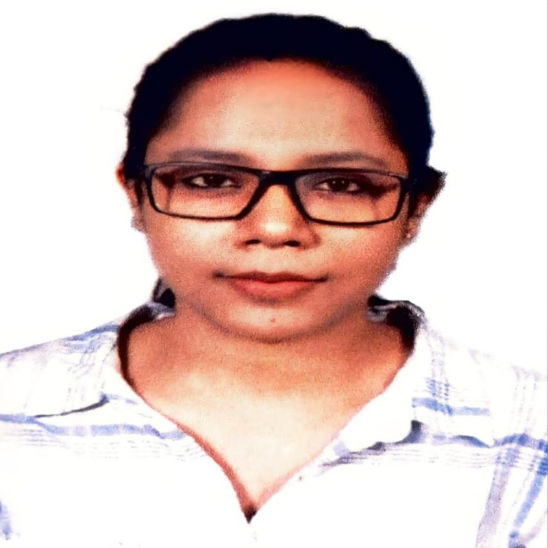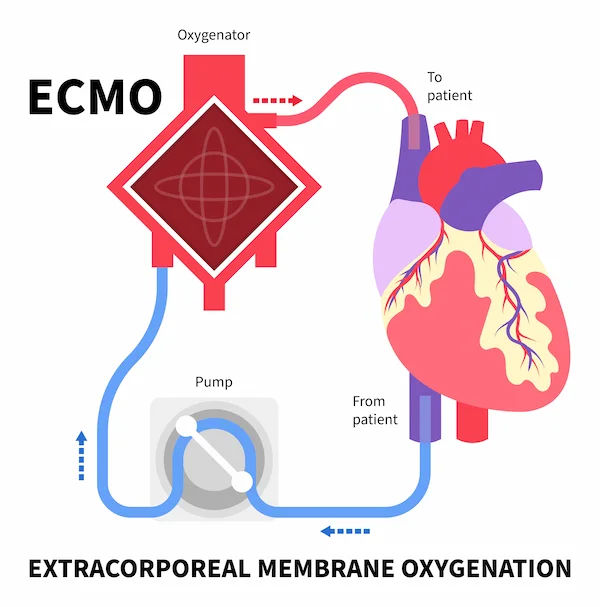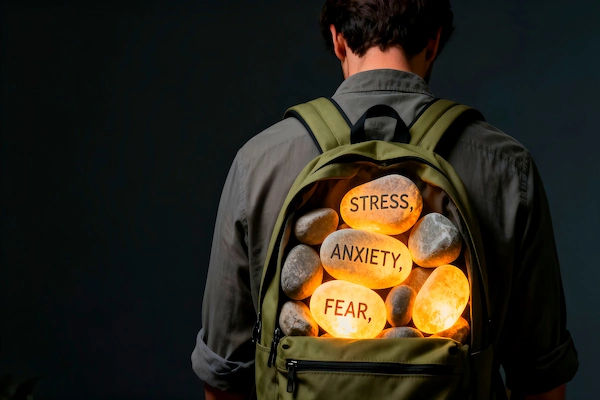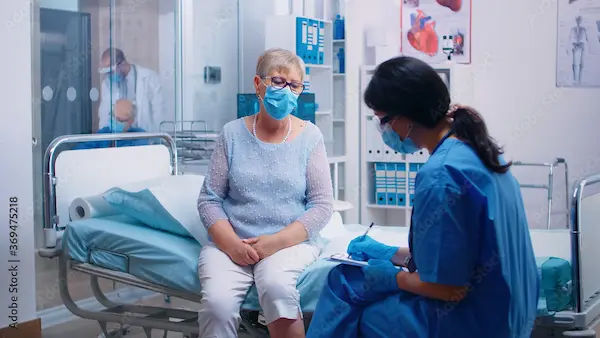Coronavirus Outbreak Facts: 10 Things You Didn’t Know
Learn 10 evidence-based coronavirus facts to boost COVID-19 awareness. Simple tips on vaccines, masks, testing, ventilation, and treatment.


Introduction
COVID-19 is no longer brand new, but it still affects daily life, health systems, and communities worldwide. Knowing clear, up-to-date coronavirus facts helps you make safer choices without fear or confusion. This friendly guide shares what experts know now—how the virus spreads, what works to prevent it, and how to use testing, vaccines, and treatment wisely—so you can build practical COVID awareness for you and your family.
While the overall risk is not the same for everyone, COVID-19 continues to circulate and can cause severe illness, especially in older adults, people with underlying health conditions, and those who are immunocompromised. The good news: small, layered steps like staying current with vaccines, improving indoor air, testing at the right times, and using high-quality masks in higher-risk settings add up to meaningful protection.Consult a Top General Practitioner for Personalised Advice
10 Coronavirus Facts You Might Not Know
The 10 coronavirus facts to know, include:
1) COVID-19 spreads mainly through the air
Tiny particles (aerosols) that we breathe out when talking, singing, coughing, or simply exhaling can carry the virus. Indoors, these particles can build up, especially in crowded spaces with poor ventilation. Fresh air, filtration, and time spent in well-ventilated or outdoor settings make a real difference. Surface cleaning supports good hygiene, but clean air plays a more critical role in lowering risk.
2) You can be contagious before you feel sick or even without symptoms
People often shed the virus in the day or two before symptoms start, and some never develop symptoms at all. This contributes to rapid spread. If you were exposed or feel slightly unwell, consider testing and wearing a mask around others, particularly those who may be vulnerable.
3) Vaccines remain highly effective at preventing severe illness
COVID-19 vaccines reduce the risk of hospitalisation and death, including against newer variants. Protection naturally fades over time, which is why updated vaccines are recommended periodically. Being up to date with your doses offers the best protection, especially if you are older, pregnant, have chronic conditions, or have a weakened immune system.
4) Reinfections can happen even within months
Immunity after infection or vaccination reduces over time. Prior infection helps but does not guarantee protection from reinfection. The severity varies; vaccinated individuals generally fare better, but anyone can become seriously ill. Keeping vaccines current and using layered precautions during surges or high-risk scenarios lowers the chance of reinfection.
5) High-quality masks protect with good fit and filtration
N95, KN95, or KF94 respirators filter tiny particles more effectively than surgical or cloth masks. A snug seal around the nose and cheeks is essential. You do not need to wear a respirator everywhere, but using one in crowded indoor spaces, on public transport, or during surges significantly reduces risk.
6) Better indoor air is a long-term health upgrade
Ventilation and filtration reduce airborne virus concentration. Practical steps include:
- Open windows and doors when safe.
Use portable HEPA air purifiers suited to the room size. - Upgrade HVAC filters to the highest rating your system supports.
These strategies also help reduce other respiratory infections and improve general air quality.
7) Timing makes COVID-19 tests work better
Rapid antigen tests are most accurate when symptoms are present. If the first test is negative but you feel unwell or had a known exposure, test again after 48 hours. Repeating tests improves overall accuracy. PCR tests are more sensitive but may remain positive longer. Always follow the instructions provided with your specific test.
8) Early treatment can lower the risk of severe disease
If you are at higher risk for complications, speak with a healthcare professional promptly after symptoms appear. Antiviral treatments work best when begun early, often within the first few days. Your clinician will evaluate interactions with your current medications and select the safest option.
9) Long COVID is real and can follow even mild illness
Some people experience symptoms lasting weeks or months, such as fatigue, breathlessness, brain fog, sleep issues, rapid heartbeat, or mood changes. Vaccination lowers the risk but does not eliminate it. If symptoms limit your daily activities, seek medical advice; tailored treatment and rehabilitation can support gradual improvement.
10) Situational risks change, so your layers can change too
COVID-19 risk varies depending on local levels, the type of setting, duration of exposure, and who is present. By monitoring trends and preparing a simple plan that includes keeping tests, quality masks, and updated vaccination, you can make informed decisions.
Practical steps for COVID awareness in everyday life
Use these simple, research-backed steps to strengthen your protection without disrupting your routine.
Stay up to date on vaccines:
Check national or local guidance. People who are older, pregnant, immunocompromised, or managing chronic conditions should discuss current recommendations with their clinician.
Stay home when you are sick:
Most guidance now uses a symptom-based approach. Return to normal activities once symptoms improve and you have been fever-free for 24 hours without medication. Add extra precautions for the next five days.
Test smart:
If symptoms are present and your first antigen test is negative, repeat it after 48 hours. Follow instructions closely. Before meeting high-risk individuals, repeated testing may provide extra reassurance.
Improve indoor air:
Open windows when possible, run HVAC systems continuously rather than intermittently, use appropriately sized HEPA purifiers, and upgrade filtration where feasible.
Mask by situation:
Wear a high-quality mask in crowded indoor environments, during local surges, or when around vulnerable individuals.
Seek treatment early if eligible:
If you test positive and belong to a higher-risk group, contact a healthcare professional as early as possible.
Plan ahead:
Keep rapid tests, good masks, your medication list, and healthcare contact information easily accessible.
Conclusion
COVID-19 continues to evolve, but practical knowledge and simple daily precautions make a significant difference in reducing risk. Staying informed empowers you to take sensible steps that protect both you and your community. Updated vaccines, cleaner air, timely testing, and situational mask use form a strong foundation for safer living. Everyone’s risk is different, so tailor your approach to your health needs. With awareness and preparation, you can navigate COVID-19 with confidence and clarity.Consult a Top General Practitioner for Personalised Advice
Consult a Top General Practitioner for Personalised Advice

Dr. Rajib Ghose
General Physician/ Internal Medicine Specialist
25 Years • MBBS
East Midnapore
VIVEKANANDA SEBA SADAN, East Midnapore

Dr. Ashita Kuruvilla
General Practitioner
7 Years • MBBS
Kolkata
KVC CLINIC, Kolkata

Dr. Rajesh R
General Practitioner
24 Years • MBBS
Bengaluru
Maruti Polyclinic and dental care, Bengaluru
Dr. Srilekhya
Internal Medicine Specialist Diabetologist
10 Years • MBBS, MD (GENERAL MEDICINE)
Bengaluru
Apollo Medical Center, Marathahalli, Bengaluru

Dr. Sanjukta Das
General Physician
9 Years • MBBS
Kolkata
MCR SUPER SPECIALITY POLY CLINIC & PATHOLOGY, Kolkata
Consult a Top General Practitioner for Personalised Advice

Dr. Rajib Ghose
General Physician/ Internal Medicine Specialist
25 Years • MBBS
East Midnapore
VIVEKANANDA SEBA SADAN, East Midnapore

Dr. Ashita Kuruvilla
General Practitioner
7 Years • MBBS
Kolkata
KVC CLINIC, Kolkata

Dr. Rajesh R
General Practitioner
24 Years • MBBS
Bengaluru
Maruti Polyclinic and dental care, Bengaluru
Dr. Srilekhya
Internal Medicine Specialist Diabetologist
10 Years • MBBS, MD (GENERAL MEDICINE)
Bengaluru
Apollo Medical Center, Marathahalli, Bengaluru

Dr. Sanjukta Das
General Physician
9 Years • MBBS
Kolkata
MCR SUPER SPECIALITY POLY CLINIC & PATHOLOGY, Kolkata
More articles from Covid
Frequently Asked Questions
Q1: Is COVID-19 still a concern?
Yes. COVID-19 continues to circulate globally and can cause severe illness, particularly in older adults, those with medical conditions, and immunocompromised individuals.
Q2: How often should I get a COVID-19 vaccine?
Recommendations update periodically. Many regions suggest an updated COVID-19 vaccine seasonally for those aged six months and older, with additional doses for higher-risk individuals.
Q3: Do I still need to isolate if I get COVID-19?
A symptom-based approach is common: stay home while unwell, resume activities when symptoms improve and fever has resolved for 24 hours without medication, and take extra precautions for the following days.
Q4: Which mask should I choose?
Choose a mask you can wear correctly and consistently. N95, KN95, and KF94 respirators provide higher filtration. Ensure a secure fit.
Q5: What is long COVID and what can I do about it?
Long COVID refers to symptoms lasting weeks or months after infection. Seek medical guidance if they affect your daily life.




